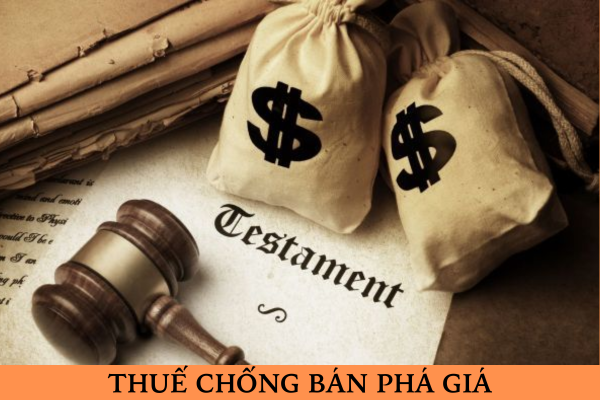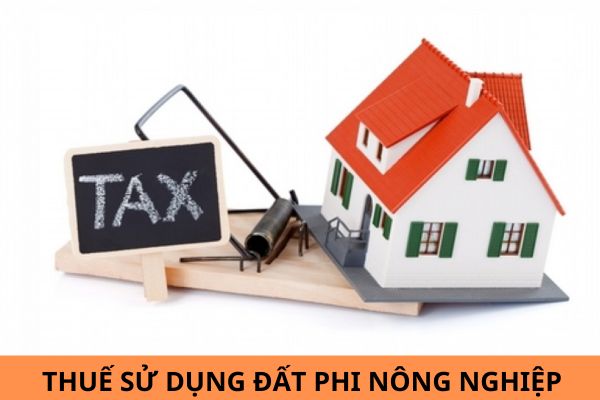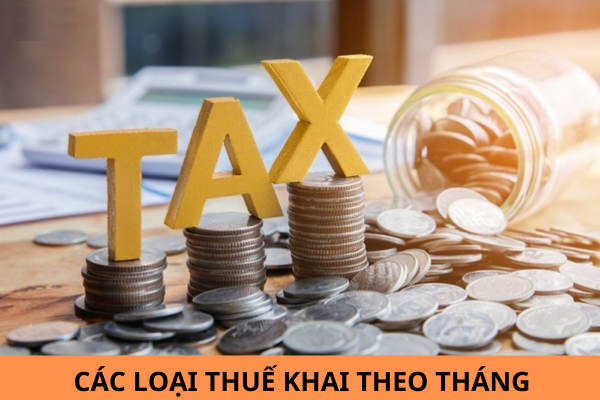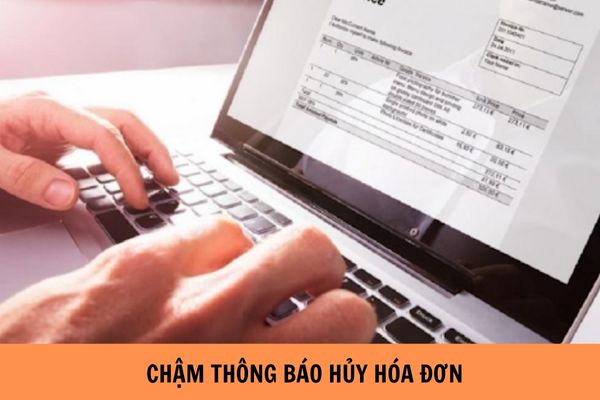Who shall pay personal income tax in 2023 in Vietnam? What is the level of personal income tax in 2023 in Vietnam?
Who shall pay personal income tax in 2023 in Vietnam? What is the level of personal income tax in 2023 in Vietnam? What are regulations on taxpayers in Vietnam? What are regulations on tax reduction in Vietnam?
Who shall pay personal income tax in 2023 in Vietnam? What is the level of personal income tax in 2023 in Vietnam? - Thank you!
Who shall pay personal income tax in 2023 in Vietnam? What is the level of personal income tax in 2023 in Vietnam?
Tax on taxable incomes from wages:
Pursuant to Clause 1, 2 and 3, Article 7 of the Circular 111/2013/TT-BTC (amended by Clause 6 Article 25 of the Circular 92/2015/TT-BTC) stipulating tax on taxable incomes from business, wages as follows:
|
Personal income tax payable |
= |
Assessable income |
× |
Tax rate |
To be specific:
Taxable incomes = Assessable income - Deduction
Deductions are:
- Personal deductions guided in Clause 1 Article 9 of this Circular.
- Insurance premiums and payment to the voluntary pension fund as guided in Clause 2 Article 9 of this Circular.
- Charitable, humanitarian, and study encouragement contributions (hereinafter referred to as charitable donations) as guided in Clause 3 Article 9 of this Circular.
There are 7 tax rates: 5%; 10%; 15%; 20%; 25%; 30%; 35%.
Thus, individuals with incomes from wages and salaries of more than 11 million VND/month (after deducting deductions, compulsory insurance contributions, and other contributions such as charity) must pay personal income tax.
Tax on taxable incomes from business:
Pursuant to Clause 2 Article 4 of the Circular 40/2021/TT-BTC stipulating as follows:
Tax calculation rules
...
2. A household business or individual business whose revenue from business operation in the calendar year is not exceeding 100 million VND shall not be required to pay VAT and PIT as prescribed by VAT and PIT laws. Household businesses and individual businesses shall declare tax truthfully and accurately; submit tax documents punctually; take legal responsibility for the accuracy, truthfulness and adequacy of the tax documents submitted.
A household business or individual business whose revenue from business operation in the calendar year is not exceeding 100 million VND shall not be required to pay VAT and PIT.
Tax on incomes from capital investment
Pursuant to Article 10 of the Circular 111/2013/TT-BTC stipulating basis for calculating tax on incomes from capital investment as follows:
The basis for calculating tax on incomes from capital investment is the assessable income and tax rates.
1. Assessable income
Assessable income from capital investment is the taxable income earned by the individual according to Clause 3 Article 2 of this Circular.
2. The tax rate on the income from capital investment is 5% according to the whole income tax table.
3. Time to calculate the assessable income
The assessable income from capital investment shall be calculated when the taxpayer is paid by the income payer.
The times to calculate assessable income in some cases:
a) The income from additional value of capital contribution guided in Point d Clause 3 Article 2 of this Circular shall be calculated when the person actually receives the income when the enterprise is dissolved, converted, divided, merged, amalgamated, or when the capital is withdrawn.
b) The income from reinvested profit as guided in Point g Clause 2 Article 2 of this Circular shall be calculated when the person transfers or withdraws capital.
c) The income from dividend in shares guided in Point g Clause 3 of this Article 3 shall be calculated when the person transfers his shares.
d) Where the individual receives an income from outward investment in any shape or form, the assessable income shall be calculated when the person receives the income.
4. Tax calculation
|
Personal income tax payable |
= |
Assessable income |
× |
5% tax |
Income from capital transfer
Pursuant to the provisions of Clause 4, Article 3 of the Law on Personal Income Tax 2007, the income from capital transfer is as follows:
Income taxes
...
4. Income from capital transfer, including:
a) Incomes from the transfer of capital shares in economic organizations;
b) Income from securities transfer;
c) Income from capital transfer in other forms.
Accordingly:
In the case of income from transfer of capital in economic organizations,
Personal income tax = 20% x Taxable income
In the case of income from securities transfer:
Personal income tax = 0.1% x Taxable income
Income from real estate transfer
Pursuant to the provisions of Clause 5, Article 2 of Circular 111/2013/TT-BTC, cases of real estate transfer subject to personal income tax include:
Taxable incomes
...
5. Income from real estate transfer means income received from real estate transfer, including:
a) Income from the transfer of land use rights.
b) Income from the transfer of land use rights and properties attached to land. Assets attached to land include:
b.1) Housing, including houses to be formed in the future.
b.2) Infrastructure and construction works attached to land, including construction works to be formed in the future.
b.3) Other assets attached to land include assets that are agricultural, forestry and fishery products (such as crops and livestock).
c) Incomes from transfer of house ownership, including houses to be formed in the future.
d) Income from the transfer of the right to rent land or the right to rent water surface.
dd) Income from capital contribution in the form of real estate to establish an enterprise or increase its production and business capital as prescribed by law.
e) Incomes from the authorization to manage real estate in which the authorized person has the right to transfer real estate or has the same rights as a real estate owner in accordance with law.
g) Other incomes received from real estate transfer in any form.
Regulations on houses and construction works to be formed in the future mentioned in Clause 5 of this Article comply with the law on real estate business.
At the same time, according to the provisions of Article 17 of Circular 92/2015/TT-BTC stipulating:
Personal income tax = 2% x Transfer price
In case of transfer of real estate under joint ownership, the tax liability is determined separately for each taxpayer according to the percentage of real estate ownership. The basis for determining the ownership ratio is a legal document such as an initial capital contribution agreement, a will or a court division decision, etc. In case there is no legal document, the tax liability of each individual. Taxpayers are determined according to the average rate.
Earnings from winnings
Pursuant to the provisions of Article 15 of Circular 111/2013/TT-BTC stipulating as follows:
Taxable income from winning
1. Taxable income from winning is the prize value in excess of 10 million VND that a taxpayer receives for each time of winning.
2. Time to determine taxable income from winning prizes is the time when organizations or individuals pay incomes to taxpayers.
Accordingly, winning individuals whose prize value exceeds 10 million dong must pay personal income tax.
Personal income tax = 10% x Taxable income
(Tax rate according to Clause 2, Article 22 of Circular 111/2013/TT-BTC)
Taxable income from royalties
Pursuant to the provisions of Article 16 of Circular 111/2013/TT-BTC stipulating as follows:
Taxable income from royalties
1. Taxable income from copyright is the income in excess of VND 10 million that a taxpayer receives when transferring or transferring the right to use objects of intellectual property rights or technology transfer under each contract. copper.
2. Time to determine taxable income from copyright is the time when organizations or individuals pay income to taxpayers.
Accordingly, individuals with income exceeding VND 10 million when transferring or transferring the right to use objects of intellectual property rights or technology transfer under each contract must pay personal income tax.
Personal income tax = Taxable income x 5%
(Tax rate according to Clause 2, Article 22 of Circular 111/2013/TT-BTC)
Taxable income from franchising
Pursuant to the provisions of Article 17 of Circular 111/2013/TT-BTC stipulating as follows:
Taxable income from franchising
1. Taxable income from commercial franchising is the income in excess of 10 million dong that a taxpayer receives under each franchise contract.
2. Time to determine taxable income from commercial franchising is the time when organizations and individuals pay incomes to taxpayers.
Accordingly, individuals with incomes exceeding VND 10 million received under each franchise contract, regardless of the number of payments or receipts received by the taxpayer, must pay personal income tax.
Personal income tax payable = Taxable income x 5%
(Tax rate according to Clause 2, Article 22 of Circular 111/2013/TT-BTC)
Taxable income from inheritance, gifts
Pursuant to the provisions of Article 18 of Circular 111/2013/TT-BTC stipulating as follows:
Taxable income from inheritance, gifts
1. Taxable income from inheritance or gift is the value of inheritance or gift in excess of VND 10 million that a taxpayer receives each time it is incurred.
2. The time of determining taxable income is prescribed as follows:
a) For income from inheritance, it is the time when the taxpayer receives the inheritance;
b) For income from gifts, it is the time when the organization or individual gives it to the taxpayer or the time the taxpayer receives the income.
Accordingly, individuals receive more than 10 million VND in inheritance or gift value each time in the following cases:
- Income when receiving inheritance of securities;
- Incomes received from inheriting capital shares in economic organizations and business establishments.
- Received from inheritance of real estate
- Incomes received from inheritance of other properties must be registered for ownership or use.
Then you have to pay personal income tax.
Personal income tax payable = 10% x Taxable income
(Tax rate according to Clause 2, Article 22 of Circular 111/2013/TT-BTC)
What are regulations on taxpayers in Vietnam?
Pursuant to Article 2 of the Law on Personal Income Tax 2007 stipulating taxpayers in Vietnam as follows:
Taxpayers
1. Personal income taxpayers include residents who earn taxable incomes specified in Article 3 of this Law inside and outside the Vietnamese territory and non-residents who earn taxable incomes specified in Article 3 of this Law inside the Vietnamese territory.
2. Resident means a person who satisfies one of the following conditions:
a/ Being present in Vietnam for 183 days or more in a calendar year or 12 consecutive months counting from the first date of their presence in Vietnam;
b/ Having a place of habitual residence in Vietnam, which is a registered place of permanent residence or a rented house for dwelling in Vietnam under a term rent contract.
3. Non-resident means a person who does not satisfy any of the conditions specified in Clause 2 of this Article.
Above are regulations on taxpayers in Vietnam.
What are regulations on tax reduction in Vietnam?
Pursuant to Article 5 of the Law on Personal Income Tax 2007 stipulating regulations on tax reduction in Vietnam as follows:
Tax reduction
Taxpayers who face difficulties caused by natural disasters, fires, accidents or severe diseases and affecting their tax payment ability may be considered for tax reduction corresponding to the extent of damage they suffer from but not exceeding payable tax amounts.
Thus, in cases where taxpayers face difficulties due to natural disasters, fires, accidents, or fatal diseases affecting their ability to pay tax, they shall be considered for tax reduction corresponding to the extent of damage but not exceeding the taxable amount.
Best regards!











